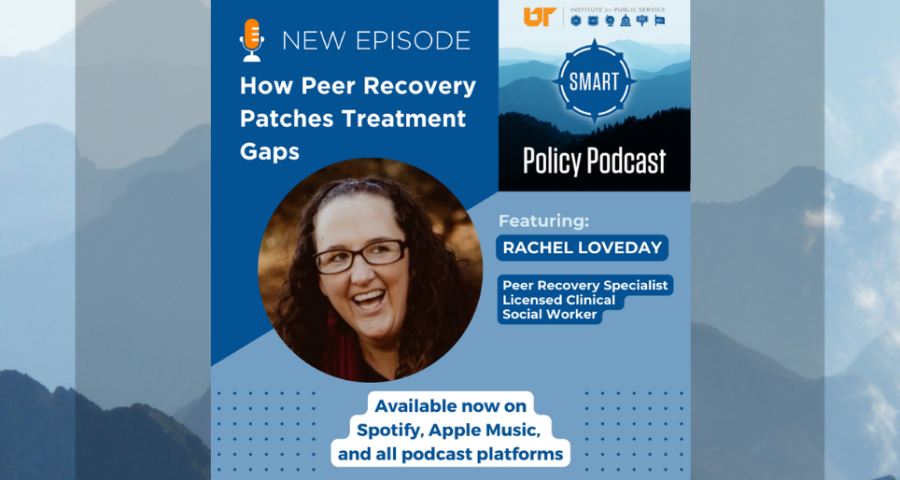If you’ve been listening to this podcast for a while, you know that there is strong evidence for the effectiveness of addiction treatment, and that the biggest obstacle we face in combating the overdose crisis is an overall lack of access to that treatment. Health insurance is of course a major factor, and in Tennessee our statewide average for people lacking insurance is over 12%, which is more than twice the national average. But even for those with insurance, they face a provider shortage. And then there’s the problem with appointment availability: even if a patient gets into a clinic, they better keep their appointment or it might be a long time before they can make up for it. And if the patient lives in a rural county, they might have to drive 50 miles to get there!
So it really goes without saying that this is a difficult, frustrating, and sometimes humiliating experience. Imagine trying to work a minimum wage job while dealing with all of this, for example. Do you tell your boss that you can’t work on Monday because you have to drive to the next county for your addiction medication? Would something like that even get you fired? It’s not hard to imagine that the stress of all of this makes avoiding the temptation of drugs even harder. Is there anyone you can turn to?
Rachel Loveday is exactly the kind of person you could.
Rachel is a peer recovery specialist at McNabb Center, one of the premier treatment centers in the Knoxville region. She and her team are contracted with UT Medical Center to help connect people who survive overdoses to treatment. When patients get stressed or confused or overwhelmed by treatment and its difficulties, Rachel and the other peer recovery specialists are there for reassurance and support. So far, this program at UT has seen huge success, with a significant increase in connecting ER patients to treatment. So what makes peer recovery specialists so effective? It’s simple. They’re all in recovery themselves.
I really enjoyed this conversation. Rachel and I get into some good topics here, and address some of the more interesting aspects of addiction and its challenges.
Hosted and produced by Jeremy Kourvelas. Original music by Blind House.
Editor’s note: we reference two bills in this episode. The first is in relation to the decriminalization of seeking medical treatment for an overdose; this is only guaranteed for the first presentation, and subsequent presentations are at the discretion of law enforcement. The second is the cannabinoid regulatory bill; it is described as “in the legislature,” but was signed by the Governor on May 11th, making it indeed a law. Finally, there are some unfortunate audio artifacts at one point in the episode; apologies that I was not able to edit them out without sacrificing the dialogue.
Listen here or wherever you get podcasts!

